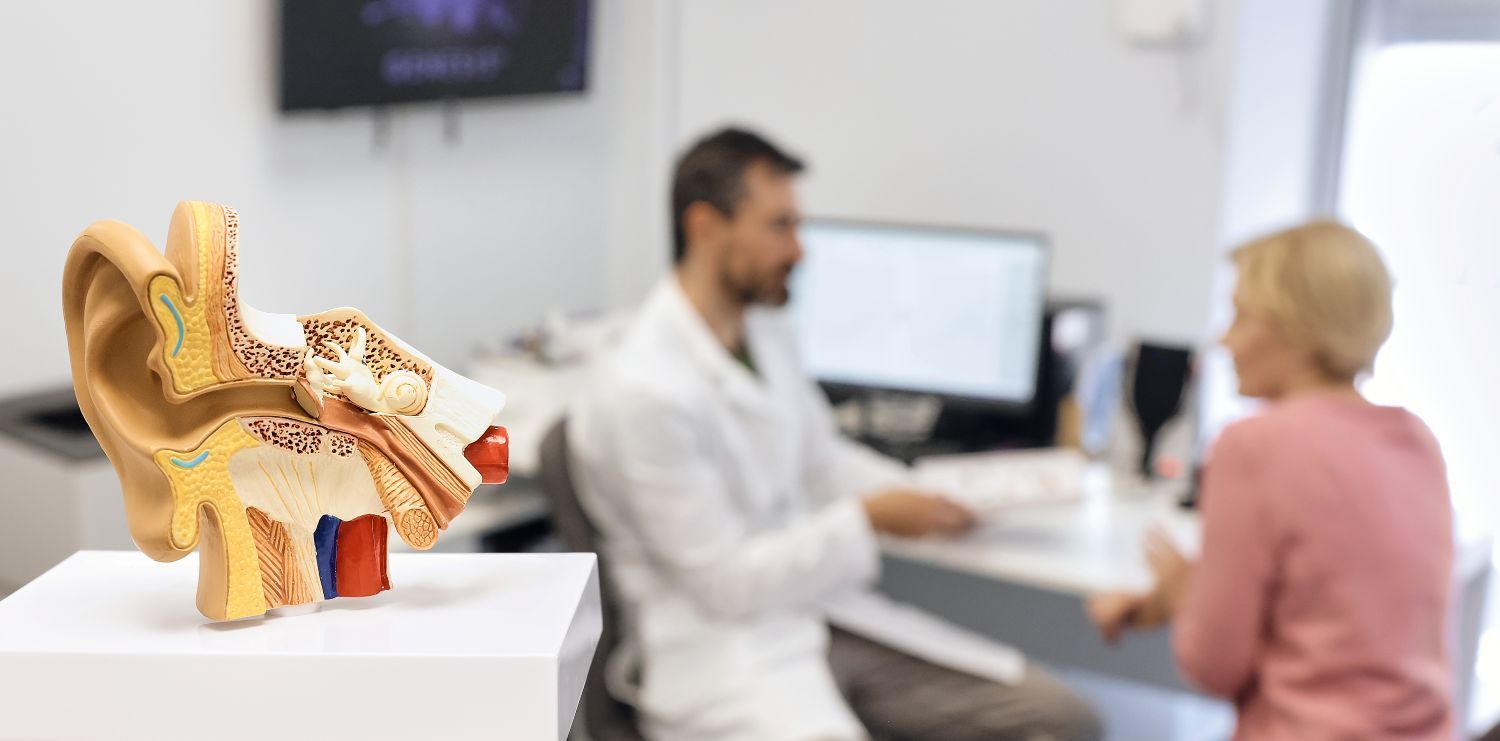Ear Tubes for Kids: A Treatment for Chronic Ear Infections?
Ear infections (otitis media) are one of the most common reasons why children and toddlers visit the doctor’s office—second only to the common cold. In fact, five out of six children are likely to experience a middle ear infection before their third birthday. While many clear up on their own, chronic ear infections may require a more advanced solution like ear tubes.
Why Are Children So Prone to Ear Infections?
Children have shorter, narrower, and more horizontal eustachian tubes, which makes it easier for bacteria and viruses to enter their middle ear. Moreover, their immune system is underdeveloped and not fully equipped to fight infections.
Symptoms of Ear Infections in Kids
It can be hard to know what's wrong if your child is too young to tell you. Look for these common signs:
- Tugging or pulling at the ears
- Fussiness, irritability, and excessive crying
- Trouble sleeping or lying down flat
- Fever (especially in infants and toddlers)
- Fluid draining from the ear
- Balance issues or clumsiness
- Difficulty hearing or not responding to quiet sounds
Seek immediate medical care if your child has a high fever, severe pain, bloody or pus-like discharge, or appears lethargic.
When Are Ear Tubes Recommended?
Not every ear infection needs tubes. Pediatric ENTs typically consider this treatment if:
- Your child has had 4 or more ear infections in 6 months, or 3 in one year.
- Fluid remains behind the eardrum for months after an infection (effusion), causing hearing loss.
- Infections are not resolving effectively with antibiotics.
- The infections are causing speech or developmental delays due to hearing loss.
How Do Ear Tubes Work?
Ear tubes (tympanostomy tubes) are tiny cylinders placed into the eardrum during a short surgical procedure. They work by:
- Ventilating the middle ear to equalize air pressure.
- Draining trapped fluid that hosts bacteria.
- Allowing antibiotic drops to reach the infection site directly, which is often more effective than oral medication.
There are two main types:
- Short-term tubes: Typically fall out on their own within 6-18 months.
- Long-term tubes: May stay in place for several years and often require removal by a doctor.
Your ENT specialist will recommend the best type for your child's specific condition.
Is Your Child a Candidate for Ear Tubes?
If your child suffers from frequent, painful ear infections that disrupt their sleep, hearing, and quality of life, it may be time to explore a long-term solution.
The pediatric ENT specialists at ENT Medical and Surgical Group, LLC are here to help. We provide comprehensive evaluations to determine if ear tubes are the right path for your child's health and well-being.
Schedule a consultation with us today to discuss your child's symptoms and find lasting relief.













